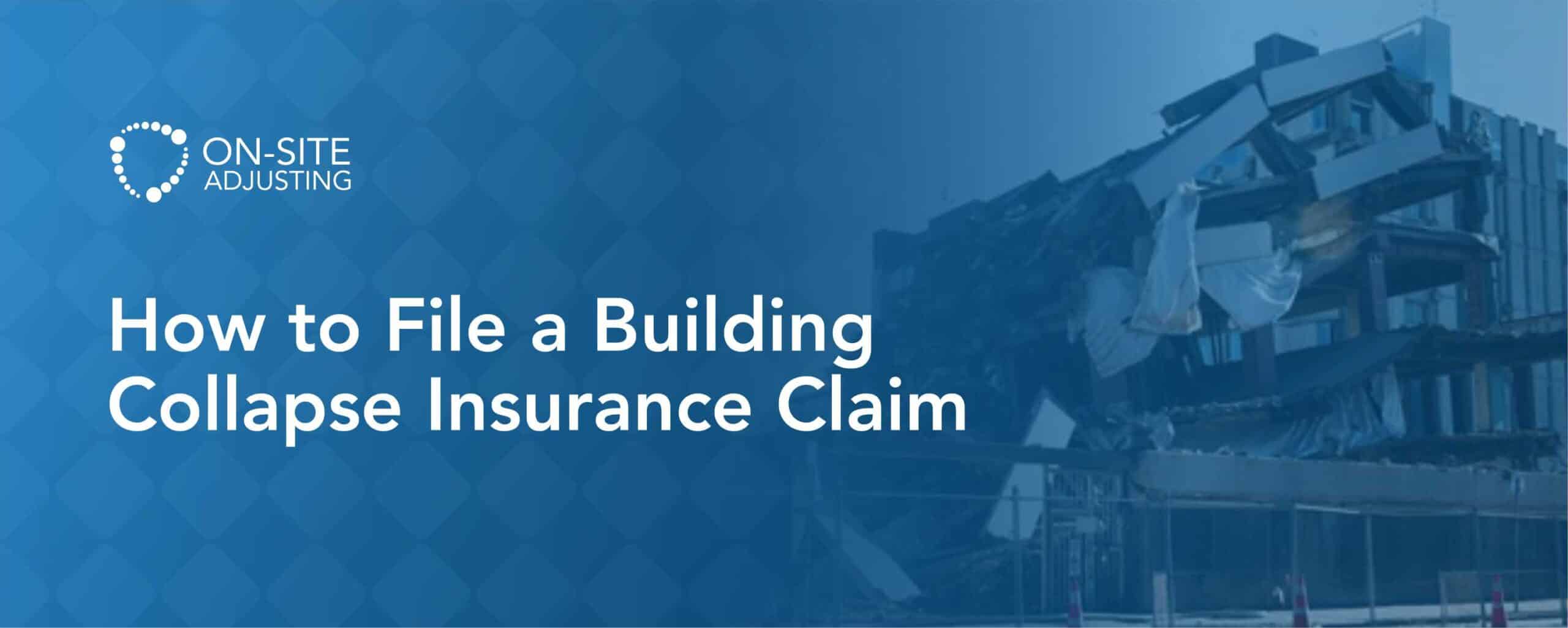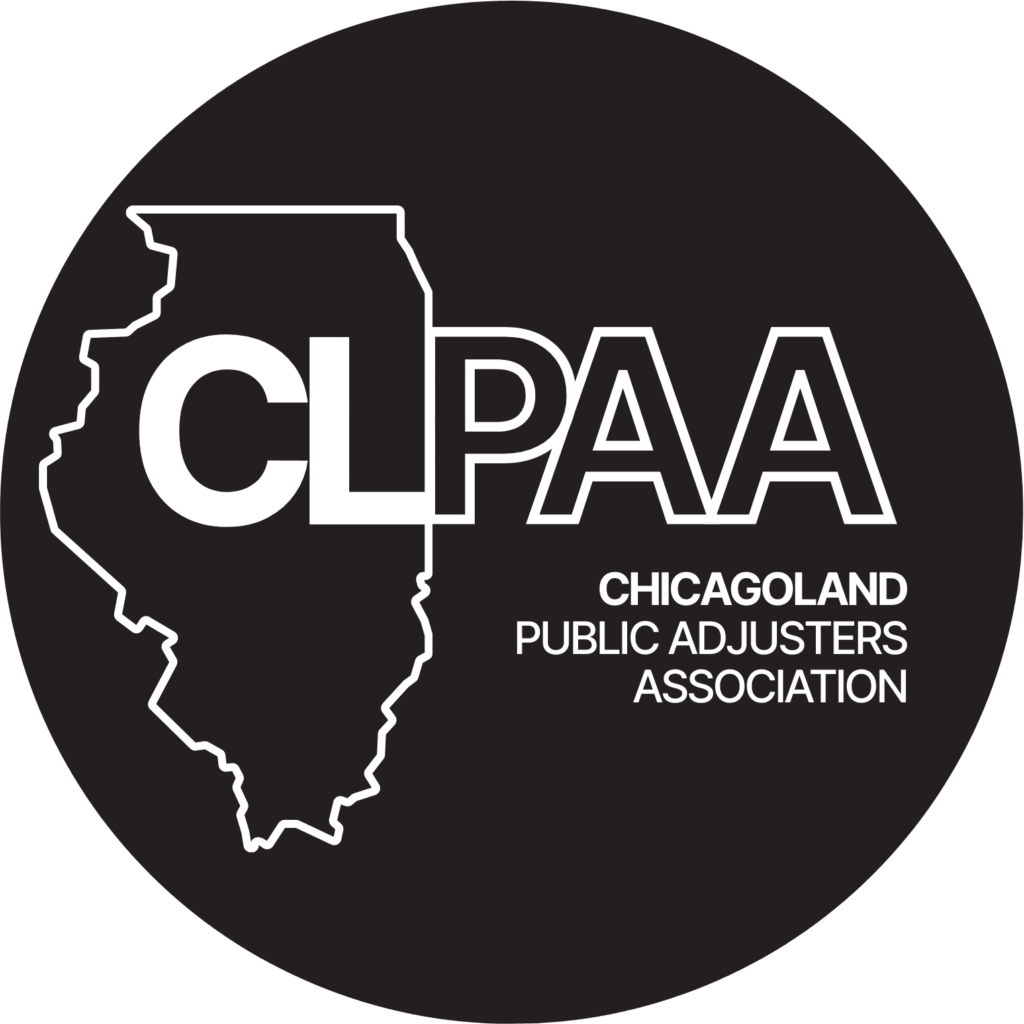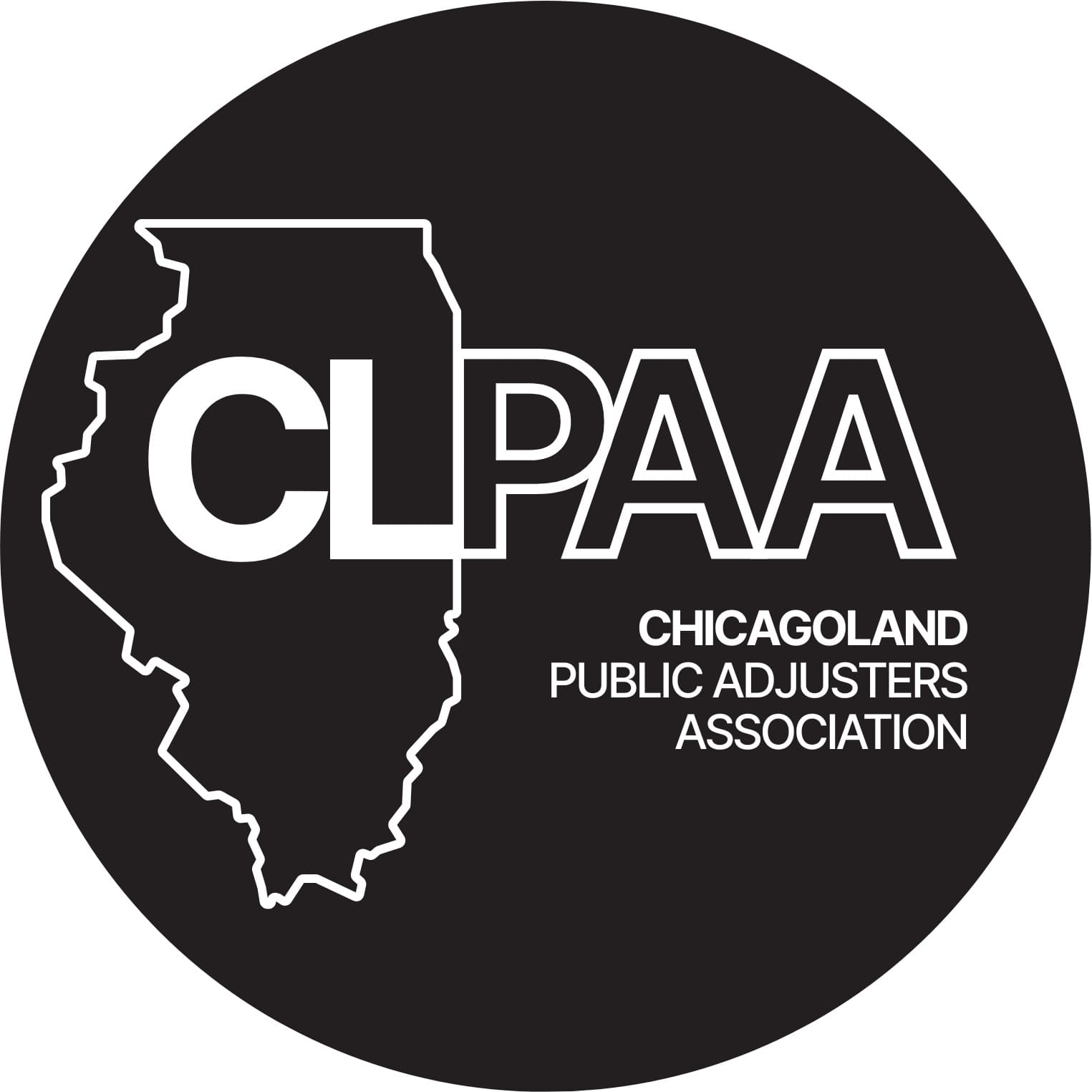
No matter how strong a building is, it is still susceptible to risks that could cause it to collapse. Circumstances such as storms, fires, and water intrusion can collapse a property. This then leads to difficult and complex insurance claim processes. When filing a building collapse insurance claim, you should involve a public adjuster. This is because attempting to handle it alone might lead to a denied or delayed claim.
We know how tough it can be to navigate the insurance claim process. This article will break down everything you should know about filing a property collapse claim.
What Is a Building Collapse Insurance Claim?
An insurance claim generally is a formal request to your insurer for financial reimbursement after suffering a loss. Therefore, a building collapse insurance claim is a request for compensation after your building collapses. However, you should ensure that a covered peril was what caused your building to collapse. For example, your policy may cover weather and fire damage but exclude floods. Thus, if a flood causes your building to fall, your insurer will dismiss claims from that incident.

The definition of what qualifies as a collapse also differs from policy to policy. Some insurers only cover total collapse while others cover that and partial collapse of any part of the building. Nevertheless, one constant is that the insurers expect the collapse to be sudden. Therefore, your policy will likely not cover any gradual collapse as a result of negligence.
Why Should You File an Insurance Claim?

Here are some reasons you should consider when deciding whether to file a property collapse insurance claim:
Financial Compensation
The cost of restoring a collapsed property is staggering. When you take out an insurance policy, you are financially protecting yourself in case loss occurs. Refusing to file a building collapse claim when your building collapses means your premiums will go to waste. The insurance claim process can be winding, however, it will save you undue financial stress.
Peace of Mind
Dealing with the aftermath of a building collapse can be overwhelming. However, knowing that your insurance company can help ease your financial stress provides reassurance. You can focus on recovery and rebuilding instead of worrying about how to cover costs.
Coverage for Other Losses
Property collapse causes other forms of loss as well. For example, if it was a residential property, you would need to pay for a different place to stay. At least, until your property undergoes restoration. Ordinarily, homeowners’ insurance provides for additional living expenses. However, you cannot get access to this coverage without first filing a claim.
How to File a Building Collapse Insurance Claim
Every step you take when filing a building collapse claim can make or break your claim. Therefore, you should be careful yet proactive during this process. You should take the following steps:
Hire a Public Adjuster
Public adjusters are professional loss adjusters. They handle every aspect of your insurance claim from discussing with insurance adjusters to providing evidence. It is best to hire one at the very beginning of your claim. This gives them access to control the narrative of your claim from the start. Furthermore, it ensures that they have the time they need to adjust and maximize your claim.
Review Your Insurance Policy
Knowing your insurance policy can positively impact your claim. You should look out for any exclusions in your policy. Policy exclusions determine whether or not you can file a claim. This is because when you file a claim for a peril that your policy does not cover, your insurer will reject said claim. Furthermore, you should know your coverage types. Look out for all the different kinds of damage that your policy covers. Doing this will ensure you do not miss out on any financial compensation and additionally, it helps you to flesh out your claim.
Lastly, ensure you check for any caveats in your policy. This will help you dodge pitfalls and prevent any unpleasant surprises along the line. If you have a public adjuster, they can help break down your insurance policy. When they do this, it ensures that you do not miss anything.
Reach Out to Your Insurer
Reporting an incident is the key that turns the wheel of the claims process. If your insurer is unaware that your building collapsed, they cannot reimburse you. Therefore, ensure you call them as soon as you can. Depending on their process, they may ask you to immediately fill out a claims form. On the other hand, they may ask questions regarding the property and policy type before proceeding with the claim.
Furthermore, insurers have a timeframe within which you must report a claim. The implication of this is that when you attempt to file a claim after that timeframe has passed, it will result in an automatic denial.
Complete the Claim Form
Be as thorough as possible when filling out the claim form. Ensure you complete and provide all required information. Also, try to be detailed in your description of the damage and how it happened. Typically, the form will ask for details about the incident, including its cause and extent of damage.
Make sure you provide only truthful information when filling out the form. Insurance policies are dependent on utmost good faith. Thus, if you knowingly provide wrongful information, your insurer is within their rights to revoke your policy. Additionally, they can refuse to ever insure you after the incident. Therefore, try to provide only accurate and truthful information.
Document the Damage

The importance of documentation to your property collapse claim cannot be overstated. Proper documentation can help you flesh out your claim and get the maximum settlement. Firstly, ensure the building is safe enough for you to be around. Then, take clear and detailed photographs and videos of the damage. Capture as much as you can of the extent of the damage.
Secondly, reach out to contractors for estimates of repair and restoration of the property. You can use this to negotiate the claim along the line. If you’ve hired a public adjuster, they can handle the claim documentation on your behalf.
Finally, take an inventory of all damaged items that your office contained as your insurer may request for it. Ensure your inventory is detailed and organized. You can classify the lost items according to the rooms that your property contained. For example, if it was a restaurant, your inventory can be broken down into ‘kitchen’, ‘dining area’, and ‘store’.
Keep a Paper Trail
Any party during the claims process can decide to renege on their word or promises. If they made the promise orally, you will likely be unable to prove it. Therefore, you should ensure your communications with your loss adjuster, the insurance company, and their adjuster are in writing. If the meeting is in person, follow up with an email asking them to confirm what was discussed.
Additionally, ensure you have physical copies of any receipts or repair estimates. Consider scanning them and uploading a soft copy to the cloud. This ensures that they are ready whenever you may need them.
Review the Settlement Offer
Avoid jumping at the first settlement your insurer offers you for the building collapse. Instead, calculate a figure that will be enough to restore your building based on the estimates you have. Your estimates should also consider the maximum settlement amount on your policy. You do not have to automatically accept the offer and you can always negotiate if you have the evidence to do so.
Let your public adjuster look over the offer as well. They can help you determine whether or not the amount will adequately compensate for your losses. If it doesn’t, your loss adjuster can negotiate on your behalf.
Conclusion
There is little you can do as a policyholder to save your building after it collapses. However, acting quickly and filing your insurance claim on time ensures restoration and repair. This will help you return to usual in a shorter amount of time. Review your policy to understand how best to present your claim. Furthermore, gather extensive evidence no matter how long it takes. Take charge of your own claim and be a proactive policyholder today.
Professional help makes a world of difference during the insurance claims process. This is why you need a public adjuster you can wholly trust. Let On-Site Adjusting save you from the weight of that claim. Send us a message today and let us discuss your claim.












